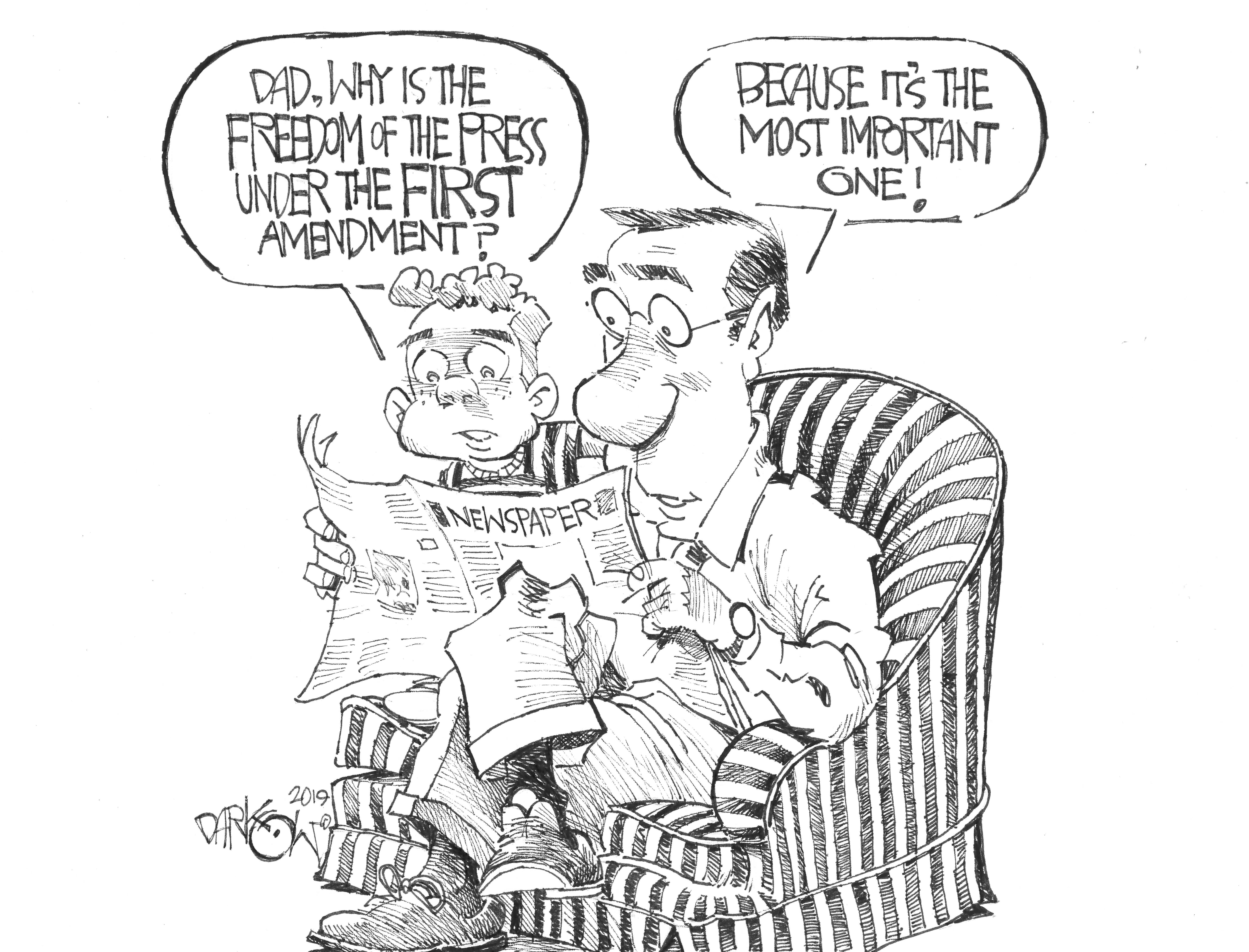Why can’t we listen to each other?
Published 7:44 am Wednesday, July 17, 2013
The morning after the George Zimmerman verdict, I listened in church to our gospel reading, the familiar story of the Good Samaritan.
It was the right story to hear the morning after a decision that has so sharply divided our country, yet again.
I realize that the verdict may be legally correct, according to Florida law, but it feels morally wrong for so many people — and yet there are just as many who don’t understand why it seems so unjust.
My Facebook feed that night was filled with those who applauded the verdict — and with parents, friends of mine who raise African-American children, who feared for their boys.
As a good friend said, being on opposite sides of this debate does not mean either side is racist; it just means we don’t necessarily understand each other.
By the next day, folks were just trying to one-up each other with stories seemingly similar to the Zimmerman case, but that missed the point entirely. What about this case held our attention? Yes, there are other tragic stories; yes, I wish that leaders would pay attention to the terrible crimes that happen every day in cities like Chicago; but for many, this case was the one on which attention was locked. It wasn’t just the media; it wasn’t just certain leaders; it was many of us.
One of the jurors told a journalist Monday night that she didn’t believe the case was about race; I’ve heard that argument from others.
But even if the case wasn’t about race, our reaction to it surely has been.
The history of our nation, whose economy was once built in large part on the backs of slave labor, is inexorably tied to race, whether we like it or not. That history still haunts us. And we won’t escape it unless we have a real, honest conversation about it.
Parents of black sons say that at some point in their youth they have to have “the talk” with them: giving them warnings about how to act (or not act) in public to avoid trouble.
Whose fault is that? Why should we blame innocent young men for our fear?
The talk needs to be one that we have with each other — all of us — about race, about how we overcome our fears of each other.
Let’s shut out the extremists on both sides and talk reasonably — to each other, to our children — about how we should treat each other.
Which bring us back to the Good Samaritan. History tells us that tribal and ethic differences wreaked social havoc during Jesus’ days, but the Good Samaritan showed that those walls can be broken down with love and understanding.
One of the most poignant comments I read in the wake of the verdict was this: “What if George Zimmerman had offered Trayvon Martin a ride home in the rain?”
Isn’t that what the Good Samaritan would have done?
Kerry Whipple Bean is publisher of The Atmore Advance.


